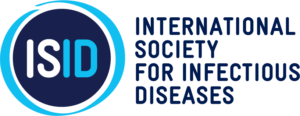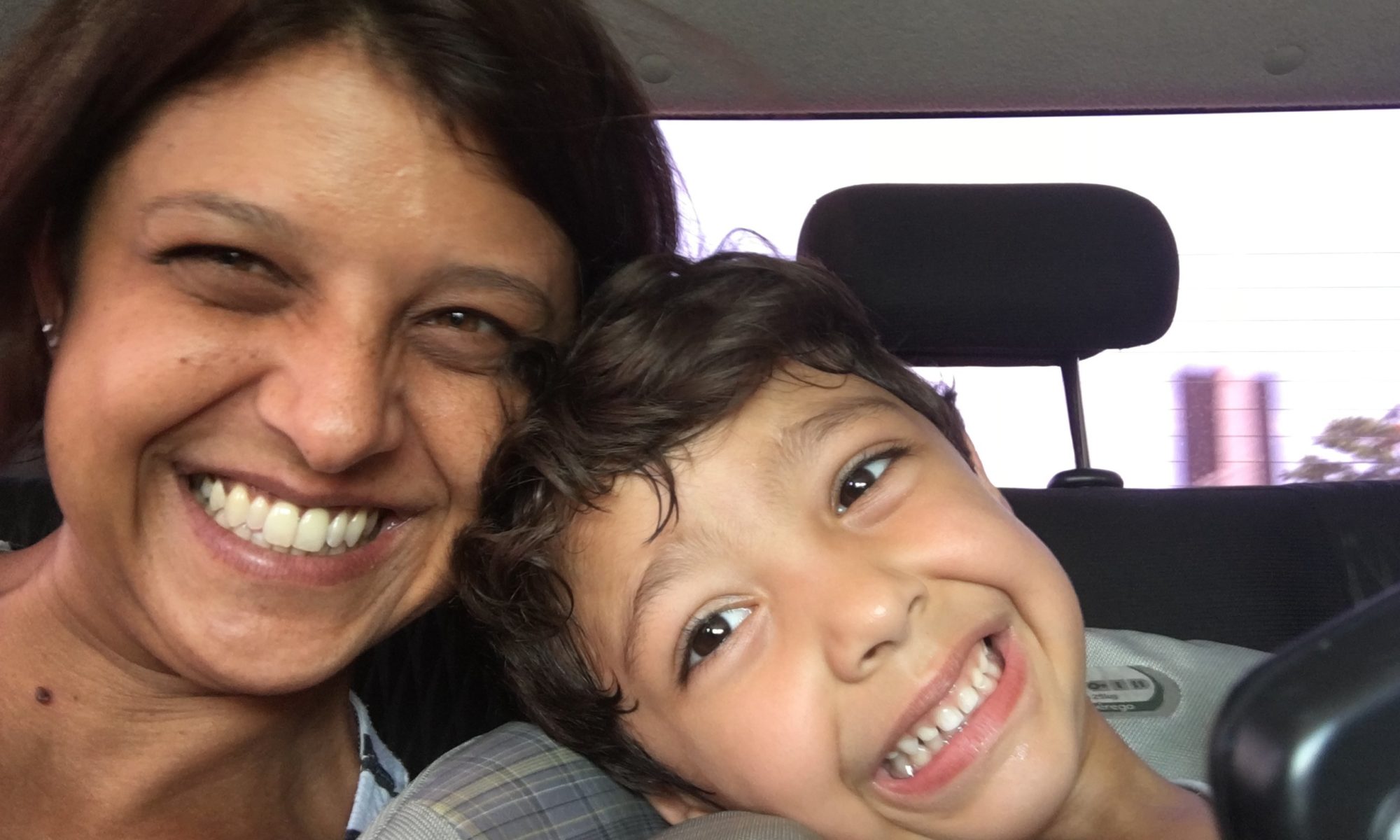Before the onset of the COVID-19 pandemic I used to spend my days in the lab, teaching, researching, running committee meetings, and advising students. This pandemic has brought a new way of living and working for us in academia - a virtual one. Currently, I spend my days working at home, in front of the computer. Working at home might seem easier and more practical at first, but it brings many challenges, especially if you are a female researcher/professor with young children. The heavier burden of the pandemic on women in science has been pointed out in many other reports throughout this past year, and I am no exception. It took me at least three months to get into my new normal of working from home while caring for my 5 year old son. Still, frustration was my feeling daily – I wasn’t being either a good mother or a good scientist/professor. I wasn’t able to be more productive, although I had (in theory) fewer distractions, and I wasn’t able to give my son the attention he needed, although I had (in theory) more time at home. This consuming battle lasted several months until I finally realized that everything has changed. Our lives changed as the world around us also had, and so we would have to adapt. These particular challenges can be even greater if you live in a country where no measures to control the pandemic were adopted, like I do. Watching policymakers and leaders supporting pseudoscience data and fake news while thousands of people die on a daily basis can really bring you down.
A Day in the Life of ISID Emerging Leader Tatiana Pinto
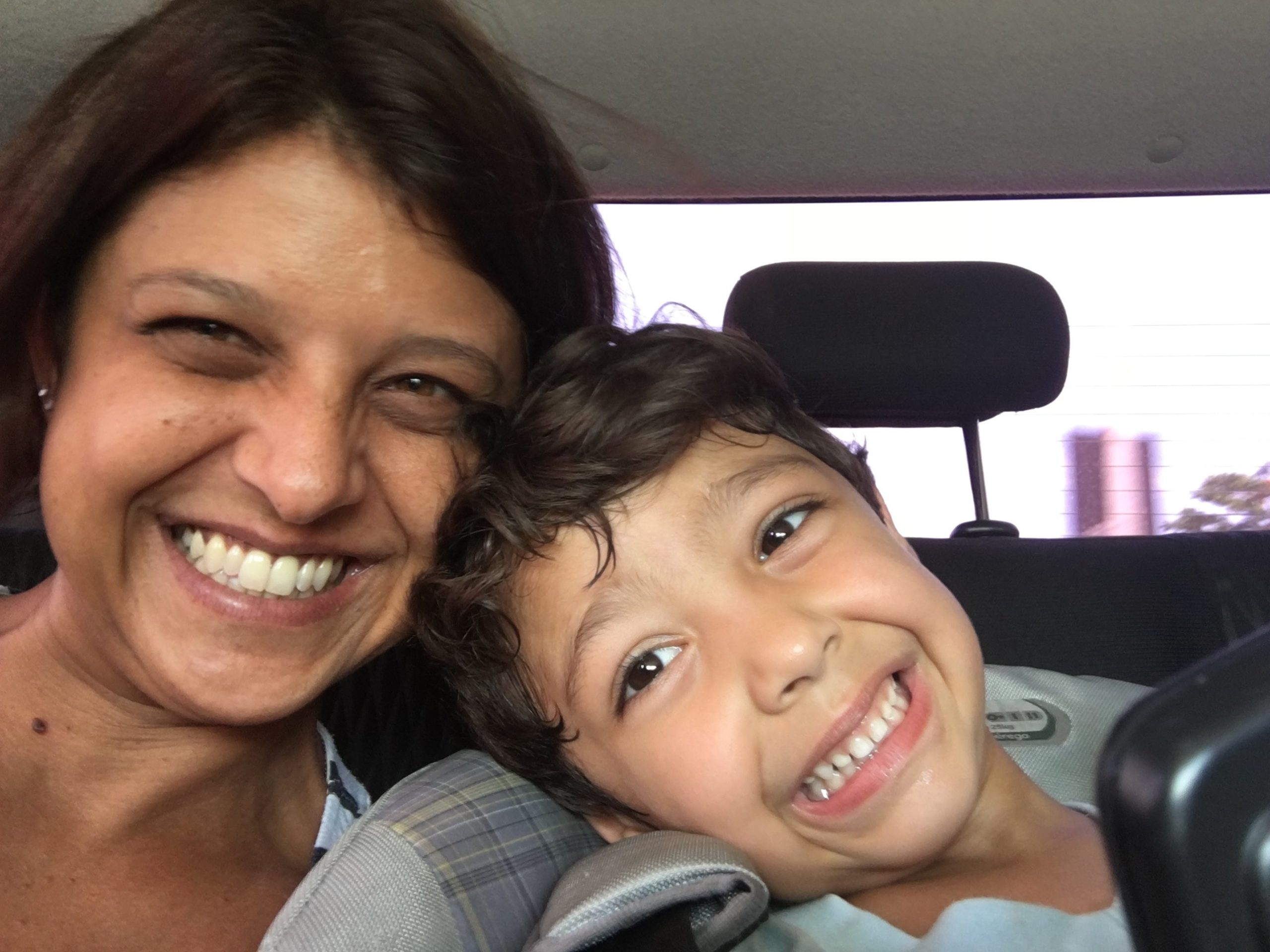

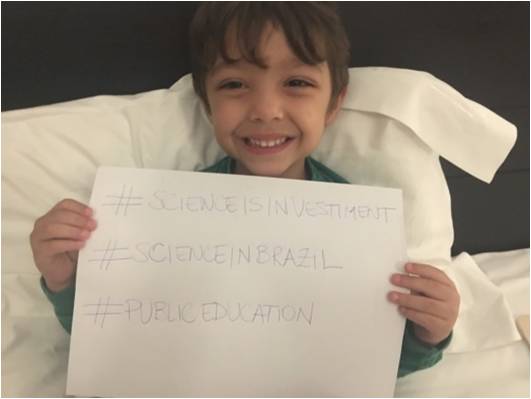
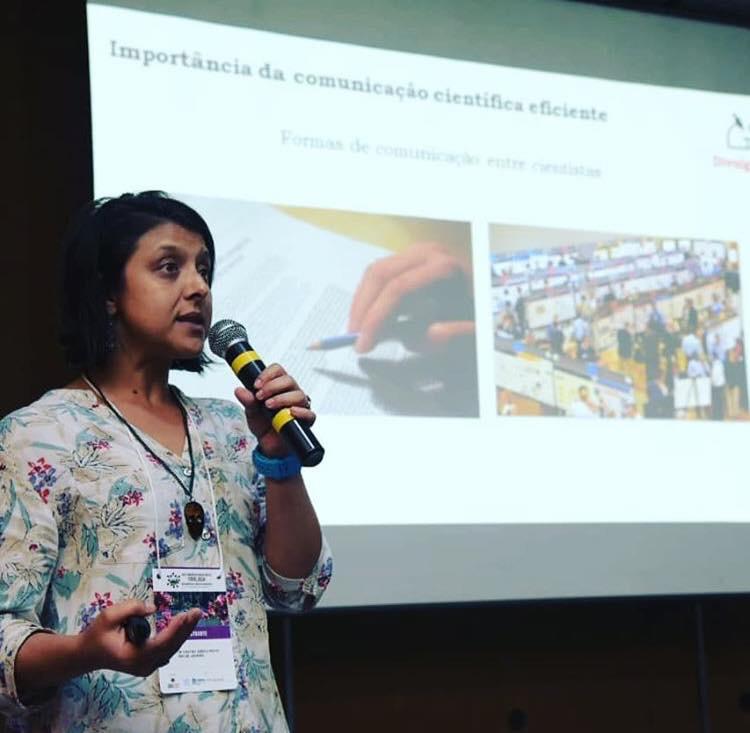
This is my major pandemic-related mindset shift: I have learned how to say “no” to the mundane tasks and "yes" to focusing on the important work; and I have rediscovered limits and interests I had probably lost somewhere between working towards my PhD and professorship. It does not mean at all that I don’t struggle anymore, because I still do as many others do. Some days are great while others not so much, but the pandemic has brought my attention to the power of science communication.
Having my son by my side (sometimes literally next to me during Zoom meetings), his interest in microbiology has naturally increased, not only because the pandemic is directly linked to a microorganism but also because it is my area of teaching and researching. Due to my personal interest in science communication, I encourage him in his newfound interest, and this has strengthened our mother-son bond during these critical times. His initial interest in microbiology broadened to a great interest in all things science, and he is very into space science now.
So, this is my major achievement during this pandemic: my son, who is only 5 years old understands the importance of science in our lives. This makes me wonder why we aren't all talking about science more. I understand that the battle against pseudoscience and scientific skepticism goes beyond effective science communication, as there are many different factors involved, but this little achievement renewed my hopes when there weren’t almost any left. Renewed hopes make me still hang in there, waiting for the day when high-quality science, along with effective communication, will win the battle between alligators and magical beans.
Prof. Tatiana Pinto has a PhD in Microbiology and is currently an Assistant Professor in Universidade Federal do Rio de Janeiro (UFRJ), Brazil. Her research aims to gather data on virulence and antimicrobial resistance traits among Streptococcus agalactiae and Streptococcus pneumoniae isolates circulating in Brazil, by uncovering novel aspects of the biology of these microorganisms that are important to trace the epidemiological evolution of epidemic and sporadic clones, as well as to help designing improved therapeutic and prophylactic measures against pediatric streptococcal infections. Dr. Pinto is also enthusiastic about public engagement and science communication activities, and is an active member of other international scientific societies, including the American Society for Microbiology.
